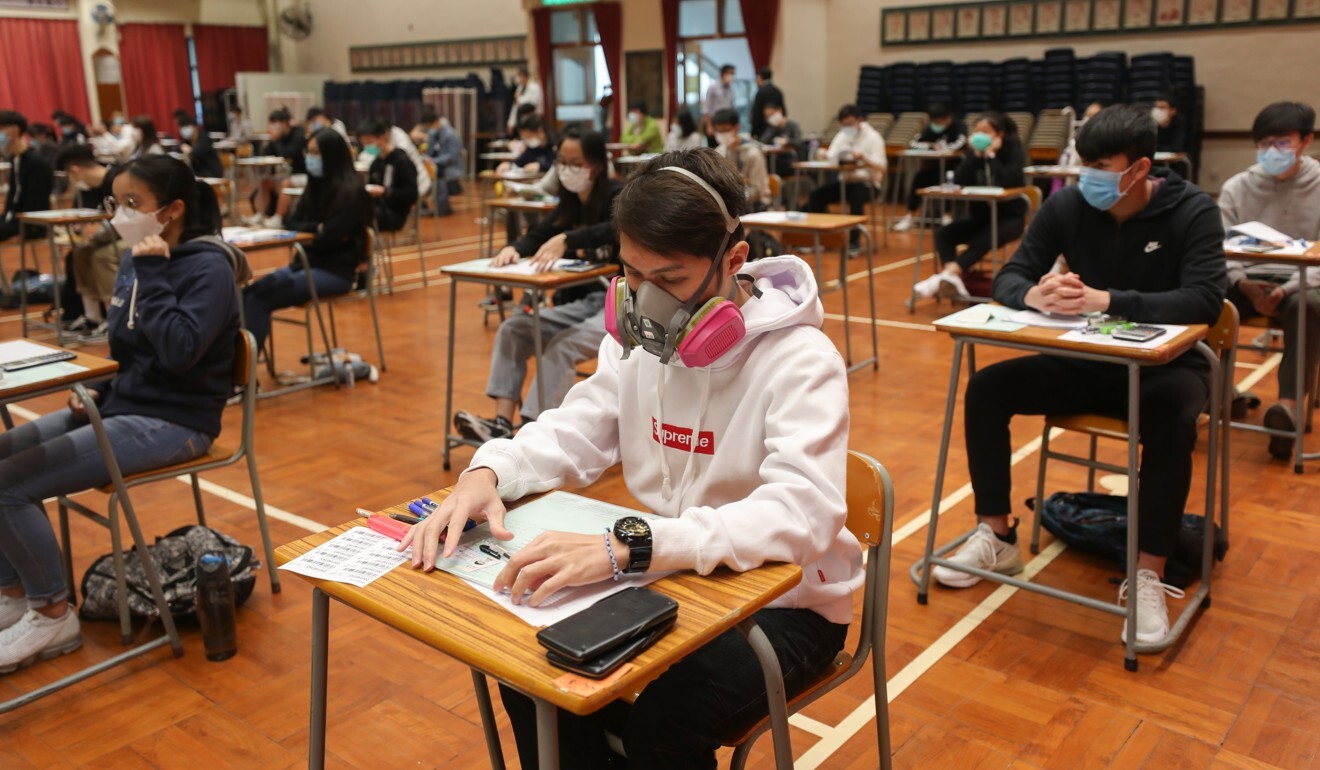
How Hong Kong school suspensions and nano flats reflect a government blind to its people’s distress
- In response to Covid-19, the Education Bureau is simply suspending in-person classes without addressing the worries of already stressed students, teachers and parents
- In housing, the increasing number of nano flats reflects yet another instance of government inaction contributing to falling living standards
We’ve had almost a year of disrupted schooling. Yeung admits he understands that learning has been affected. In response, he is partially opening schools not so much for learning but for students to take their exams. For years, officials have told students that learning is more important than grades, yet year after year, they talk the talk and skip the walk.

How parents and children can survive and thrive during online learning
Asked how the government plans to address the emotional impact on students isolated from interaction with peers during the class suspension, Yeung simply piled the pressure on teachers, guidance personnel and school social workers to handle any problems that may arise.
For added measure, his bureau has produced educational videos for teachers and parents, titled “Suspending Classes without Suspending Love in the Epidemic”, which just goes to show how out of touch policymakers are. Teachers are under tremendous pressure to make sure their students are learning and coping well. And the government’s useful answer is to make them watch videos.
Another issue the government has failed to address is the impact of nano flats on Hongkongers’ well-being.
A recent report by Liber Research Community, a civic group that focuses on local land and housing issues, argues – correctly – that a lack of government regulation is to blame for flats of 260 sq ft or below that often come with features like balconies, which count towards the flats’ saleable floor area but are in fact of little use.
Basically, people are paying for useless space in these already ridiculously small flats with big price tags. As a result, our quality of life suffers.
‘Nano flats’ are just a ruse to make developers richer
They are being built precisely because flats aren’t affordable. It’s a practice that the right kind of public policies can address and stop. The government should set a limit on minimum space; it has a moral duty to step in where the free market has failed.
But the government remains unwilling to acknowledge that its inaction has cost people far more than money can measure.
Once upon a time, in 1988 in fact, Hong Kong made it to No 7 of the “Where to be Born” index – the only Asian city in the top 10. We would surely lose that spot if the survey were to be done again today. Policymakers need to answer for their disregard of our quality of life.
Alice Wu is a political consultant and a former associate director of the Asia Pacific Media Network at UCLA

